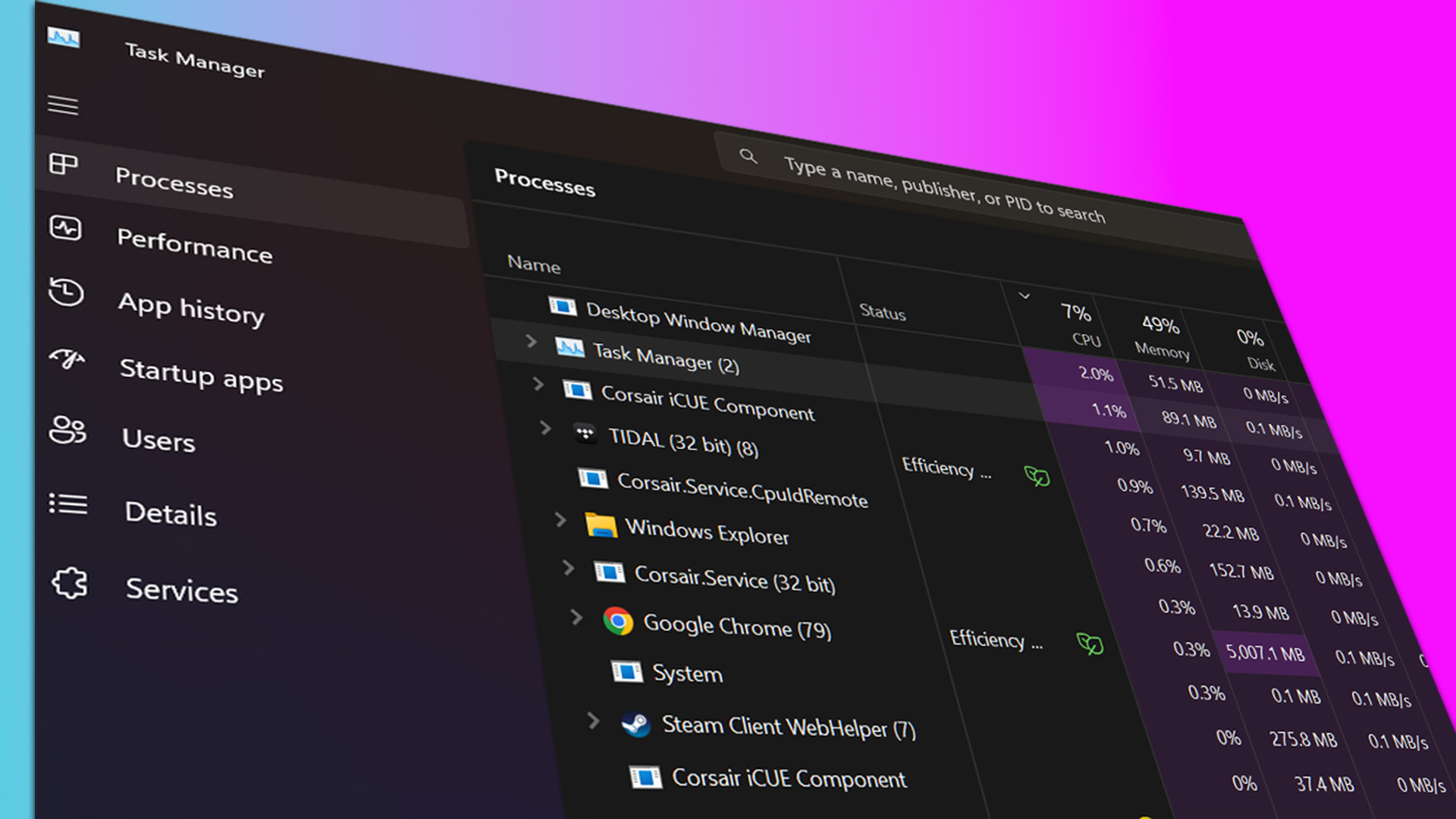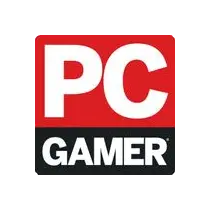Microsoft and the software reseller ValueLicensing have been going at each other for a while now, but the outcome of the latest trial that’s starting up in the UK could have real ramifications on the second-hand software market.
The Register reports that the trial, which starts today, will sit before the UK Competition Appeal Tribunal and reminds us that the case “has the potential to blow a hole in the European reselling market.” That’s because, according to the reseller, “if Microsoft’s argument is correct, it would mean that the entire resale market in Europe should not exist.”
Microsoft’s argument is reportedly that it shouldn’t have been legal for ValueLicensing to sell second-hand Windows or Office software because “non-program copyright works” [PDF] of the OS, such as the graphical user interface (GUI), are copyrighted and cannot be resold. This, unlike program copyright works, which seemingly can.
The legal battle between the two companies didn’t begin with this, though. It actually began in 2021 when ValueLicensing filed against Microsoft for £270 million, alleging that Microsoft had stifled competition in the software market.
ValueLicensing claimed to have lost substantial money because Microsoft engaged in practices such as offering users to trade their licenses in for other discounts on its other services. If users and businesses take up the offer, then those particular licenses won’t be going into the second-hand market.
Microsoft is now pushing back against this by claiming the software shouldn’t have been on the second-hand market in the first place.

(Image credit: Microsoft)
According to The Register, ValueLicensing said: “It’s a remarkable coincidence that their defense against ValueLicensing has changed so dramatically from being a defense of ‘we didn’t do it’ to a defense of ‘the market should never have existed.’”
I probably shouldn’t poll you folks (our readers) on how many of you have bought Windows from a reseller, but I’d bet the numbers are high. It’s quite a common way of getting Windows for cheap, provided you don’t just use the free and somewhat limited version, which is entirely doable.
If Microsoft wins this case on the grounds it’s laying out, it could indeed set a new precedent that could cause quite a shake-up in the second-hand software market. Part of me wonders whether that would be a good thing for Microsoft.
With Windows 10 approaching end of life and some people still seeming resistant to commit to Windows 11 and even trying out alternatives like Linux, I’m not sure making Windows even more inaccessible would be a good idea.
A much better idea, monetarily, might be to make Windows very accessible—keeping the second-hand market booming—but moving towards charging for everything as a service. Although I think every software company under the sun has already received that memo.
From PCGamer latest via this RSS feed


